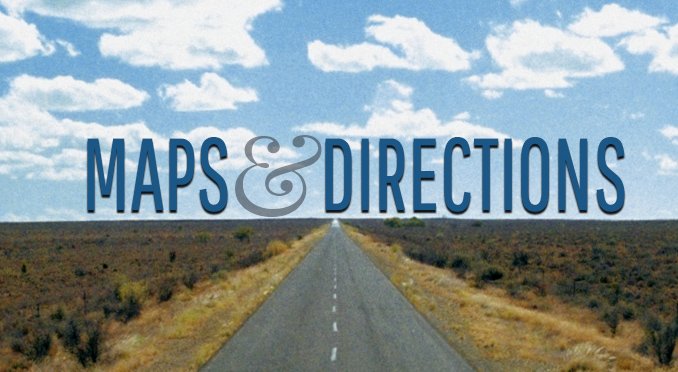Who Can Authorize A Funeral?
~~ Over my 26 years serving as a funeral director, I have found there has been much confusion regarding who can authorize funeral arrangements. This misconception applies to burials, cremations and prearrangements. One can certainly make their own prearrangements, but you cannot preauthorize your own final disposition by NJ State Law. In an effort to educate and inform those with concerns, I am happy to post a synopsis about the Right To Control Law provided by the NJ State Funeral Directors Association. As always, if anyone has any questions, I am available 24/7 to discuss this matter with you.
–Richard “Ritty” Polhemus
Polhemus Cremation Services
Controlling Your Funeral
In New Jersey, you cannot preauthorize your own final disposition. You can prearrange and prepay for your funeral, you can acquire a cemetery plot or express where you would like your ashes to be scattered, but you cannot sign the final authorization for disposition yourself.
New Jersey, as well as other states, has what is called the Right to Control Law (N.J.S.A. 45:27-22). The law, absent what is called a “funeral agent designation” in a Will, outlines a next-of-kin hierarchy depicting who has the right to control the funeral and disposition of a deceased person. The person with the right to control is not necessarily the executor of the Will.
Unless a court of competent jurisdiction has given other directions, the right to control hierarchy is as follows:
Funeral Agent or designee on an active duty service member's DD Form 93*
Legal spouse, NJ registered domestic or civil union partner**
Majority of surviving children over the age of 18
Surviving parent(s) of decedent
Majority of surviving siblings over the age of 18
Other relatives according to the degree of relationship
If there are no known living relatives as outlined above, the funeral director may accept the written authorization of other interested parties (i.e., friend, neighbor, colleague)
* In the case of an active duty service member who died while on active duty in any branch or component of the United States Armed Forces, including the New Jersey National Guard called to federal active duty, the person designated by the decedent as authorized to direct disposition, as listed on the decedent’s United States Department of Defense Record of Emergency Data, DD Form 93, or its successor form, shall be the person appointed to control the funeral and disposition of the remains of the decedent.
** New Jersey’s Civil Union Law took effect on February 19, 2007. The law mandates that civil union couples must receive the same benefits and protections and be subject to the same responsibilities as spouses in a marriage, whether they derive from statute, administrative or court rule, public policy, common law, or any other source of law. Therefore, the New Jersey Civil Union Law extends the right to control disposition to civil union partners in exactly the same way as it extends this right to spouses.




Comments